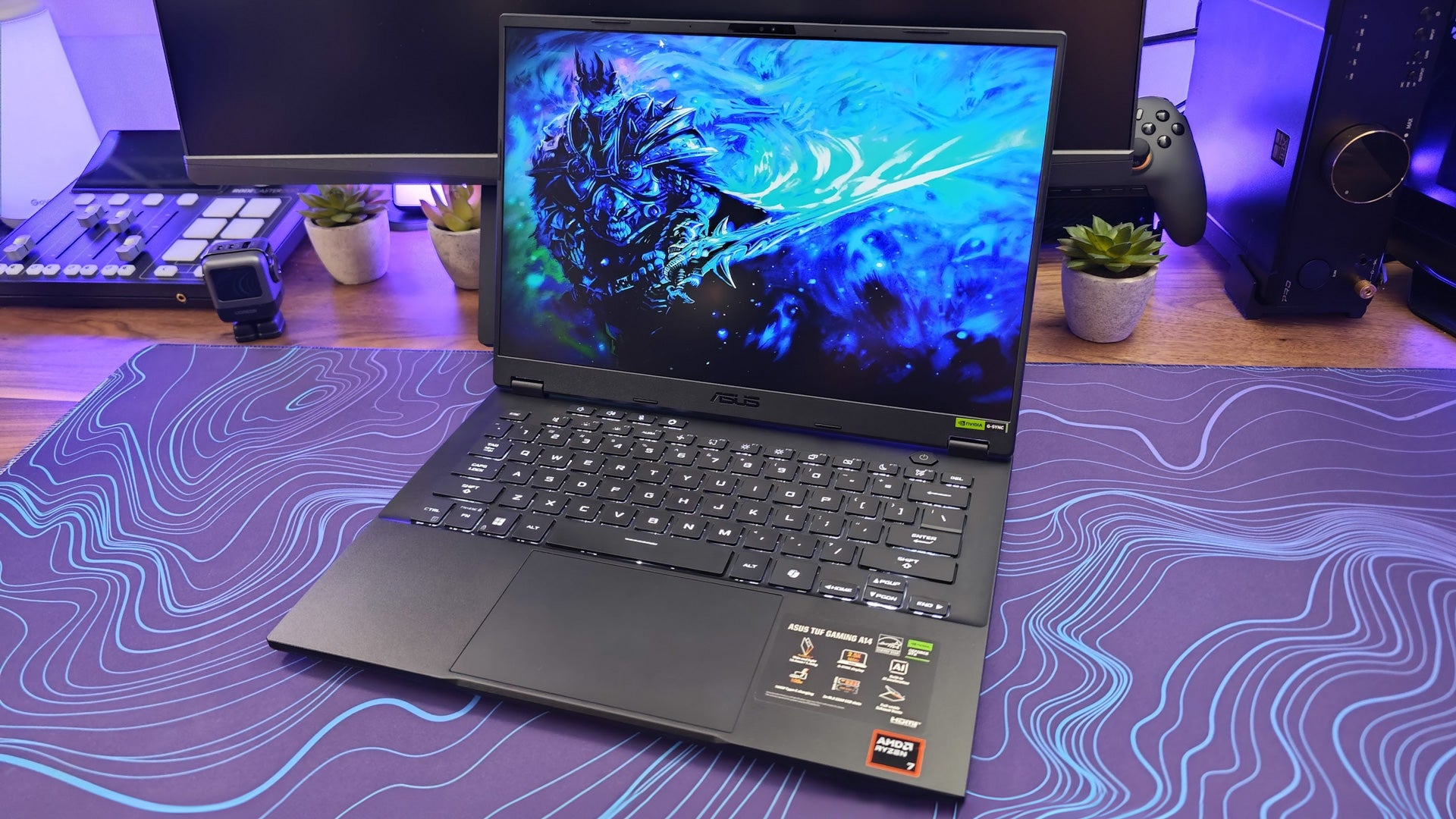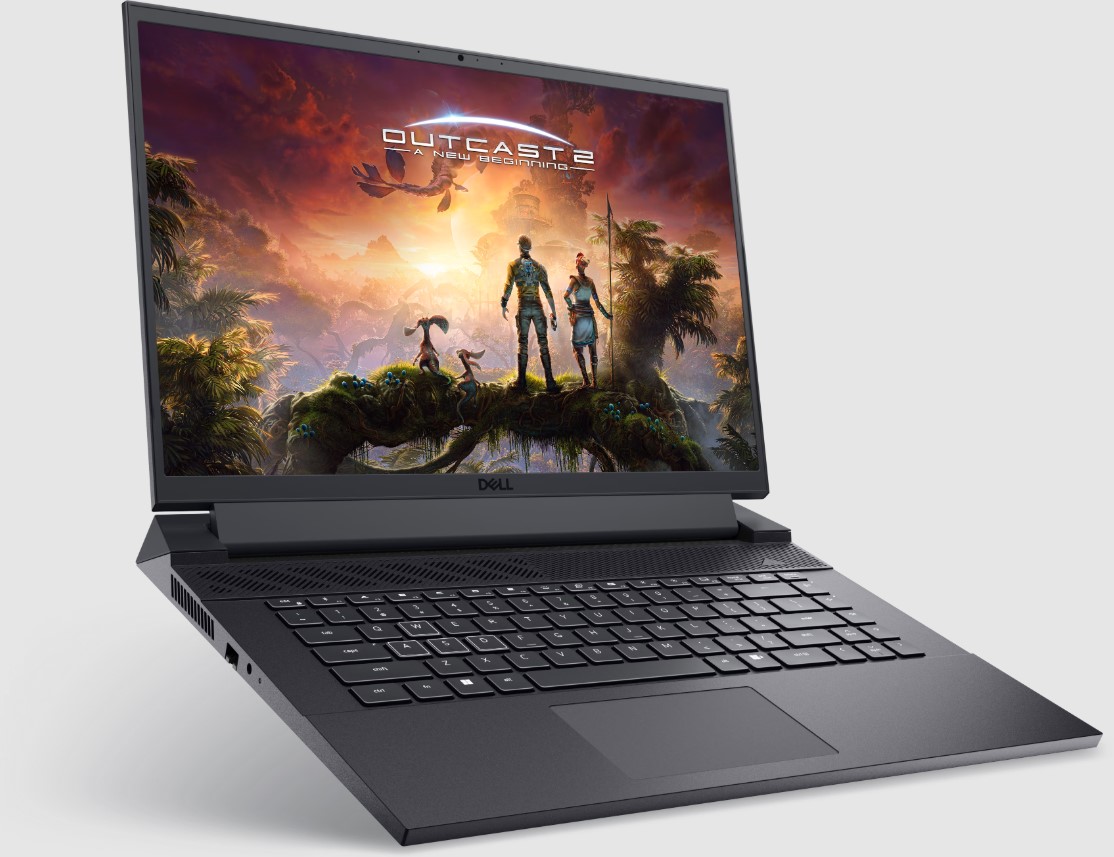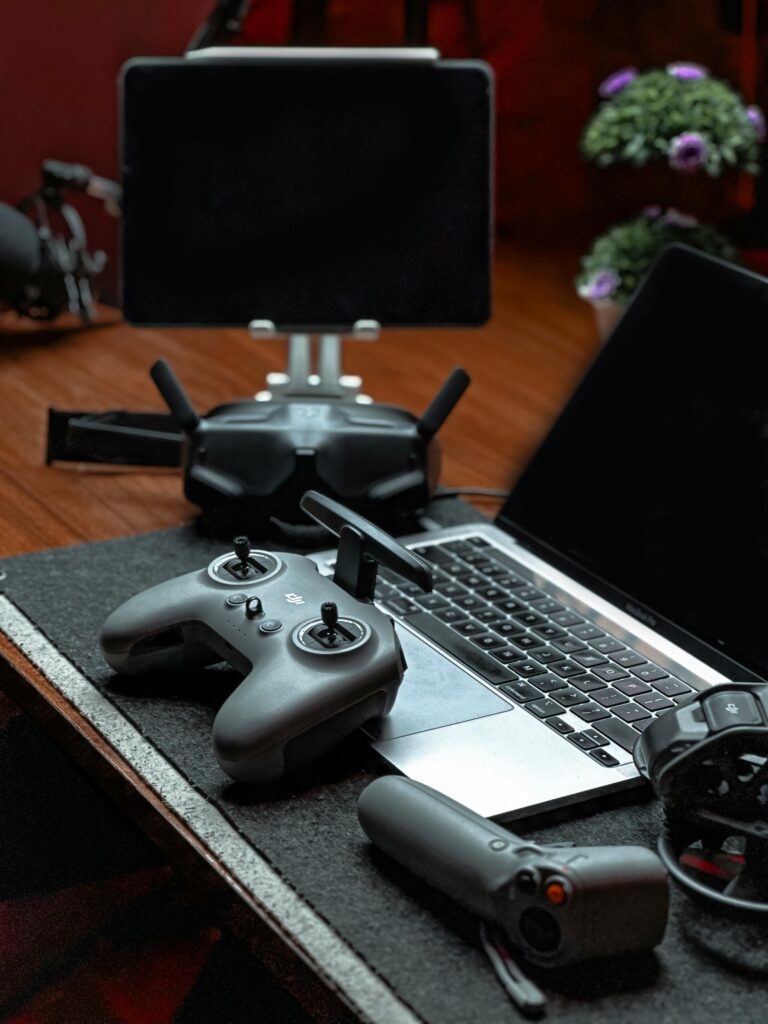Hey there! If you’re here, you’ve probably been wondering, “Are gaming laptops good for hacking?” Maybe you’re a gamer looking to expand your skill set into ethical hacking, or you’re a tech enthusiast trying to figure out if you can use a gaming laptop for penetration testing, coding, or other cybersecurity tasks. Well, you’re in the right place because I’m here to break it all down for you in plain English.
Gaming laptops are designed to handle high-performance tasks. They’re packed with powerful processors, tons of RAM, and high-end GPUs to run demanding games smoothly. But does all that gaming horsepower translate into a machine that’s great for hacking? Let’s explore.
Quick Comparison: Gaming Laptops vs. Regular Laptops for Hacking
| Feature | Gaming Laptops | Regular Laptops |
|---|---|---|
| Performance | High (Optimized for gaming tasks) | Varies (Depends on specs) |
| Graphics Power | Dedicated GPUs | Integrated GPUs (mostly) |
| Portability | Bulkier, heavier | Lightweight |
| Battery Life | Shorter (due to high power usage) | Longer (on average) |
| Price | Generally more expensive | More budget-friendly options |
| Cooling | Advanced cooling systems | Basic cooling mechanisms |
| Expandability | Usually supports upgrades | Limited in some models |
Now that we have an overview, let’s dig into the details.
Why Gaming Laptops Are Good for Hacking
1. High Processing Power
Gaming laptops often come equipped with powerful multi-core CPUs like Intel Core i7/i9 or AMD Ryzen 7/9 processors. This raw computing power is excellent for running virtual machines (VMs), cracking passwords using tools like Hashcat, or running multiple scripts simultaneously. For hacking tasks, especially ethical hacking, speed is your friend.
2. Ample RAM
Gaming laptops usually have at least 16GB of RAM, with many models supporting upgrades to 32GB or 64GB. Why does this matter? RAM is crucial for running multiple virtual machines and handling large datasets. Penetration testers often use VMs to simulate different operating systems or isolated environments, and having more RAM ensures smooth operation.
3. Dedicated Graphics Cards (GPUs)
You might wonder, “Why do I need a GPU for hacking?” Well, some hacking tools (like password-cracking software) leverage GPU power for faster computations. Gaming laptops have dedicated GPUs like NVIDIA GeForce RTX or AMD Radeon, which can be a game-changer for GPU-intensive tasks.
4. Advanced Cooling Systems
When you’re pushing your laptop to its limits—whether it’s gaming or running multiple hacking tools—heat can become a problem. Gaming laptops are built with sophisticated cooling systems to manage heat effectively, making them reliable for long hacking sessions.
5. Customization and Upgrades
Most gaming laptops are designed with gamers in mind, who love to tweak and upgrade their machines. This means you can easily add more RAM or swap out storage for faster SSDs, making your laptop even more hacking-friendly.
6. Multiple Connectivity Options
Gaming laptops often come with a wide range of ports—USB, HDMI, Ethernet, Thunderbolt, and more. This versatility is great for ethical hackers who need to connect external devices like Wi-Fi adapters, hardware hacking tools, or multiple monitors.
Where Gaming Laptops Might Fall Short
1. Portability
Gaming laptops are generally heavier and bulkier compared to ultrabooks or standard laptops. If you’re constantly on the move, carrying around a gaming laptop might be less convenient.
2. Battery Life
All that performance comes at a cost. Gaming laptops are power-hungry, and their batteries drain faster compared to regular laptops. This could be a problem if you’re working remotely without a reliable power source.
3. Price Tag
Gaming laptops are typically more expensive than standard laptops with comparable specs. If you’re on a tight budget, this might be a dealbreaker.
What Hacking Tasks Are Perfect for Gaming Laptops?
- Running Virtual Machines:
- Tools like VirtualBox, VMware, or Hyper-V need plenty of RAM and processing power.
- Gaming laptops excel in this area.
- Password Cracking:
- GPU-based tools like Hashcat perform better with a dedicated GPU.
- Penetration Testing:
- Popular tools like Metasploit, Burp Suite, and Wireshark run smoothly on high-performance hardware.
- Network Analysis:
- Sniffing and analyzing network traffic with tools like Nmap and Wireshark require solid hardware for fast processing.
- Coding and Script Automation:
- Whether you’re writing Python scripts or automating tasks, a gaming laptop can handle it effortlessly.
Recommended Gaming Laptops for Hacking
If you’ve decided a gaming laptop is the way to go, here are a few options worth considering:
- Asus ROG Strix G15
- Specs: AMD Ryzen 9, NVIDIA RTX 3070, 16GB RAM, 1TB SSD
- Pros: Great cooling, excellent GPU performance
- MSI GE76 Raider
- Specs: Intel Core i9, NVIDIA RTX 3080, 32GB RAM, 1TB SSD
- Pros: High-end performance, large screen
- Razer Blade 15
- Specs: Intel Core i7, NVIDIA RTX 3070, 16GB RAM, 512GB SSD
- Pros: Sleek design, powerful GPU
- Alienware m15 R6
- Specs: Intel Core i7, NVIDIA RTX 3060, 16GB RAM, 1TB SSD
- Pros: Alienware’s iconic cooling and build quality
- Lenovo Legion 5 Pro
- Specs: AMD Ryzen 7, NVIDIA RTX 3060, 16GB RAM, 512GB SSD
- Pros: Excellent value for money
Conclusion: Should You Get a Gaming Laptop for Hacking?
So, are gaming laptops good for hacking? Absolutely! They offer high performance, excellent multitasking capabilities, and powerful GPUs, making them a solid choice for ethical hackers and cybersecurity professionals. However, they’re not perfect. If portability, battery life, or cost are your top concerns, you might want to consider other options.
That said, if you already own a gaming laptop, you’re off to a great start! With the right tools and software, you can turn your gaming beast into a hacking powerhouse.
Got questions or thoughts? Drop them in the comments below—I’d love to hear from you! Happy hacking (ethically, of course).
Read more : How Many SSD Slots in HP Gaming Laptop 16-k0000 Series?




